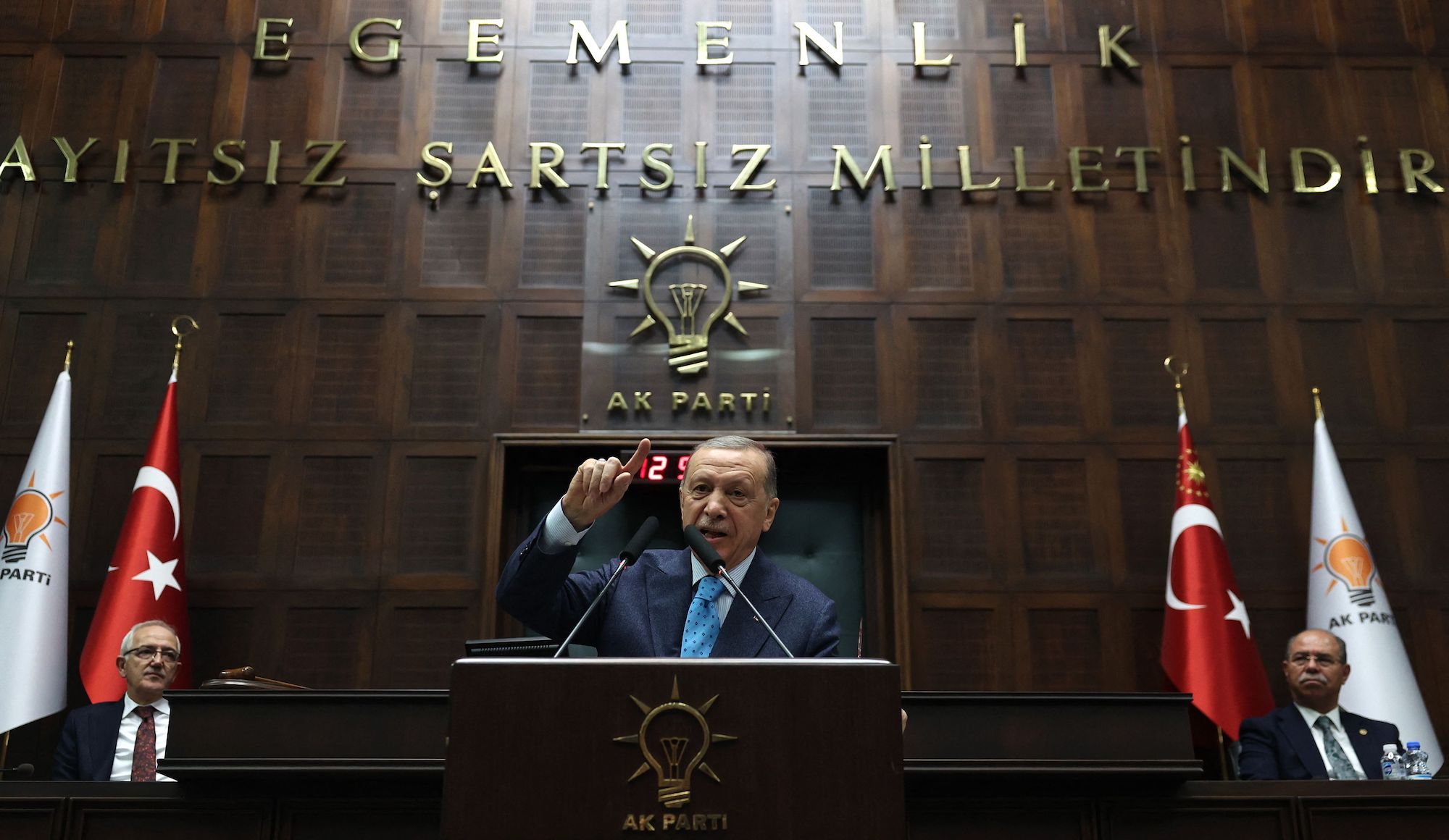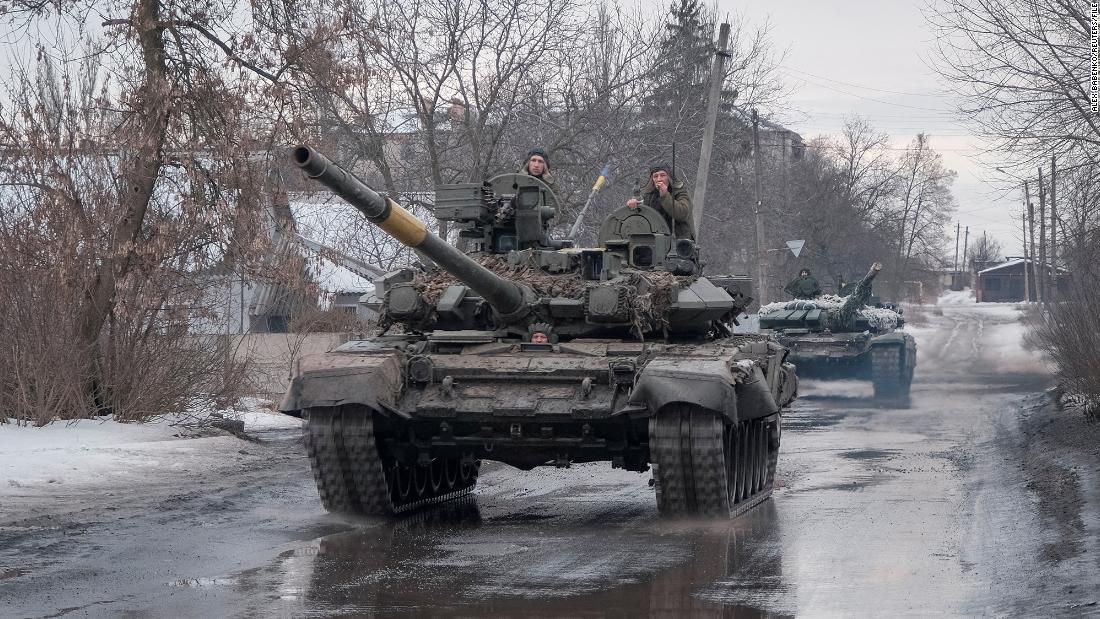[ad_1]

When Sweden and Finland declared their intention to join NATO last May, it was seen by many as a poke in the eye for Russia and evidence of a shift in European thinking. Historically, both countries had committed to non-alignment with NATO to avoid provoking Moscow, but the invasion of Ukraine changed that.
Both countries – along with the majority of NATO allies – would like to see them formally join the alliance at a NATO summit on July 11. However, a significant hurdle stands in the way of this becoming a reality: Turkey has yet to give the plan its formal and official blessing.
Hungary has also failed to ratify the Nordics’ accession which further muddies the waters.
Officially, Turkish President Recep Tayyip Erdoğan objects to Sweden and Finland’s membership on security grounds, claiming both countries are harboring militants from the banned Kurdistan Workers Party (PKK), a designated terror group in Turkey, Sweden, the US and Europe.
But Gonul Tol from the Middle East Institute’s Turkey program believes there are other reasons that Erdogan doesn’t want to upset Russia’s President Vladimir Putin.
“Russia has been a lifeline economically for Turkey after other nations imposed sanctions for their activities in Syria, their cooperation militarily with Russia and other hostile activity,” Tol explained.
NATO diplomats are split on whether they think Turkey will budge before the July summit.
Source link

